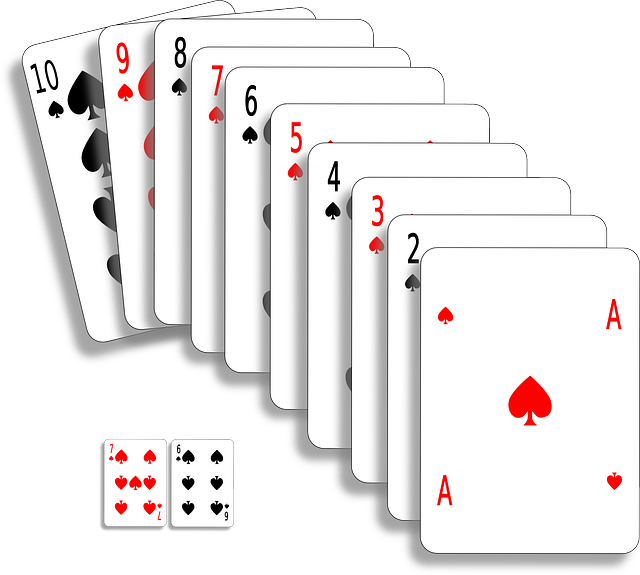
Online gambling has become an ever-present facet of our lives. Whether it’s the allure of the slot machine, the excitement of poker, or the thrill of sports betting, the world of online gambling offers an intoxicating mix of entertainment and potential winnings. However, lurking beneath this veneer of excitement lies a complex web of psychological triggers that can make online gambling highly addictive.
This article delves deep into the psychology behind addiction triggers in online gambling, shedding light on the factors that make it such a potent magnet for some individuals.
The Brain’s Reward System
At the core of the addictive nature of online gambling is the brain’s reward system. The brain is wired to seek pleasure and avoid pain, and online gambling can provide an ideal playground for this system. When you win in a game or receive a reward, your brain releases dopamine, a neurotransmitter associated with pleasure and reinforcement. This flood of dopamine creates a sense of euphoria and encourages you to repeat the behavior that led to the reward, a phenomenon known as positive reinforcement.
Near-Miss Experiences
One of the most intriguing aspects of online gambling is the concept of near-miss experiences. These occur when a player comes tantalizingly close to winning but falls just short. Psychologically, near-misses act as a powerful reinforcement tool. Research has shown that near-misses trigger the brain’s reward system much like actual wins do. This can lead players to believe that they are close to winning and encourage them to keep playing in the hope of hitting the jackpot.
Reward Anticipation
Anticipation is a key element in the psychology of addiction. In online gambling, the anticipation of a potential reward can be more enticing than the reward itself. The excitement and suspense leading up to the outcome of a bet can be highly stimulating. The longer the anticipation, the greater the dopamine release when the reward finally arrives, strengthening the association between gambling and pleasure.
Variable Rewards
Variable rewards are a hallmark of online gambling. Unlike a fixed schedule of reinforcement, where a reward is given every time a behavior is performed, variable rewards are unpredictable. This unpredictability is a key factor in addiction. Players are unsure when the next reward will come, creating a sense of excitement and encouraging them to keep playing “just one more time” in the hope of a big win.
The Illusion of Control
Many online gambling platforms offer players the illusion of control. Whether it’s choosing lottery numbers, making strategic bets in poker, or selecting slot machines based on themes or features, the illusion of control makes players feel like their decisions can influence the outcome. This sense of agency can be a powerful motivator, as players believe they can master the game and improve their odds.
Understanding these psychological triggers is the first step in addressing the issue of online gambling addiction. While these mechanisms can make online gambling enticing, they can also lead individuals down a perilous path of compulsive behavior.
Want to read more about gambling and gaming? You might be interested in reading: The Future Of Gambling And Gaming Is Bright
Conclusion
Online gambling’s allure lies not only in the potential financial gains but also in the complex interplay of psychological triggers that captivate the human mind. The brain’s reward system, near-miss experiences, reward anticipation, variable rewards, and the illusion of control all contribute to the addictive nature of online gambling.
Recognizing these triggers can empower individuals to make informed choices about their gambling habits. Moreover, it underscores the importance of responsible gambling practices and the need for effective regulation and support services to help those at risk of developing an addiction. In a world where online gambling is more accessible than ever, understanding the psychology behind addiction triggers is crucial in ensuring that individuals can enjoy these forms of entertainment without falling into the trap of addiction.

